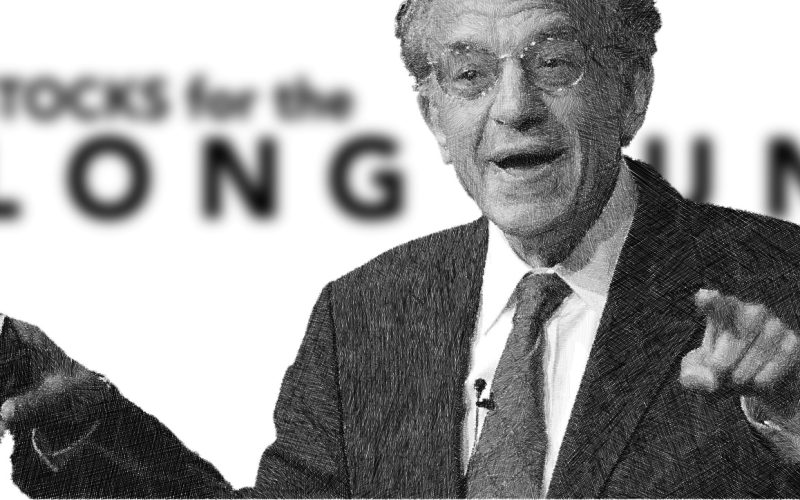By Professor Jeremy J. Siegel, Senior Economist to WisdomTree and Emeritus Professor of Finance at The Wharton School of the University of Pennsylvania
As if we didn't have enough uncertainty for the economy, the tragic terrorist attacks on Israel and uncertainty for how Israel (and then the world) responds further complicates the outlook. No one has a crystal ball to see how events will escalate from here. But we must all hope the battleground remains confined to Gaza and does not cascade into a wider global conflict.
Despite both PPI and the CPI inflation measures coming in modestly higher than expected, I believe the Fed will not hike interest rates on November 1. There are just too many uncertainties. Not just the Middle East tensions, but clearly the possibility of a real government shutdown in the middle of November rose, as Republicans have yet to agree on a Speaker of the House.
The auto workers strike drags on, perhaps longer than initially expected. For each auto worker on strike, multiply the downstream slowdown by 4-5 times as supplier’s lay off workers. This is yet another headwind.
In addition, we have a chorus of Fed officials discussing the rise in rates at the long end of the curve that is tightening financial conditions and raising borrowing costs. Treasury yields came down in a little with the geopolitical strife last week, but still there’s been a large increase in rates over the last few months.
Mortgage rates are just about at 8%. I am very interested to see what happens with the National Association of Home Builders data we will get this week. Housing sentiment has really moved down the last two months. Although the University of Michigan Consumer Sentiment Index inflation expectations did jump, overall consumer sentiment decreased.
With all those risks, the Fed can afford to wait another six weeks before the December 13 meeting before determining whether to increase rates further. I believe there is a good chance there are no more hikes.
Still, though, there is no evidence of a slowdown in the real economy, and this pushes back on when we would get our first cut in rates. Jobless claims again came in at an extremely low level. This week we will get retail sales, which will be important to look at for the month of September. But estimates for third quarter GDP are as high as 4% or more.
Earnings are beginning to trickle in, and reports have been solid. There are no material signs of downgrades for earnings for the year or the quarter—with Pfizer’s after-hours Friday release the outlier thus far is unique to its COVID vaccines.
I like stocks at the present time—with earnings of just under $250 for the S&P 500. This giving us just under an 18x earnings per share valued market. I think that is a favorable multiple for the market. I believe stocks are great long-term inflation hedges if you are still worried about inflationary risks. I think stocks can handle another quarter point rise by the Fed if they deem it necessary.
Small cap stocks have definitely been hit on a relative basis, and a lot of that is based on recessionary fears and the higher borrowing costs that small caps must pay over large caps and the higher proportion of indexes in small cap banks. The Friday reports for the large banks showed healthy profit levels and we’ll see if the small cap banks can show similar results.
I think we're poised for a year-end rally in equities and a good year for 2024.
Copyright © WisdomTree











